The benefits of a free-trade zone covering Africa can be amplified with China's deepening engagement with the continent, analysts say in voicing hopes for the collaboration to help revive economies battered by the pandemic.
Trading under the African Continental Free Trade Area, or AfCFTA, began on Jan 1, bringing into being the largest free trade zone by number of countries participating.
The World Bank said the trade grouping will create a collective GDP of $3.4 trillion and has the potential to lift up to 30 million Africans out of extreme poverty.
Nasser Bouchiba, president of the Africa-China Cooperation Association for Development in Morocco, said a common platform for trade has always been a dream of African countries.
"Thus the free trade area will allow us to maintain even stronger trade relations with its partners, and in the first place with China, and therefore, to better serve the well-being of Africa," he said.
He Yun, an associate professor at the School of Public Administration at Hunan University in Changsha, said it is too early to assess the achievements of the trade agreement due to the disruptions brought by COVID-19. But it has helped to cushion the effects of the pandemic on countries, such as by enabling them to diversify their exports at a time when other trade routes have been disrupted.
"In the longer term, the pact will increase the continent's resilience to future economic shocks and help African countries to grow stronger together in a post-pandemic world," she said.
Clayton Hazvinei Vhumbunu, a senior program coordinator at the National Institute for Humanities and Social Sciences in Johannesburg, South Africa, said the pandemic has served to remind African policymakers of the extent to which their economies are vulnerable. In particular, he pointed to an over-dependence on overseas markets. More broadly, the disruptions from COVID-19 have thrown an even brighter light on many countries' lack of progress in industrialization and modernization.
He said that foreign direct investment in Africa has been disrupted by the pandemic, with inflows slumping by 16 percent from $47 billion in 2019 to $40 billion in 2020. Investments in greenfield projects-the key to driving industrialization on the continent-plunged even more, by 62 percent to $29 billion.
Although 38 of the 54 countries that have signed the AfCFTA agreement have ratified it, many of them are yet to begin trading under its terms. In South Africa, preferential trade under the agreement is not yet possible for the country, since tariff schedules are still being negotiated, Vhumbunu said.
China and Africa can work together to promote the development of the free trade zone as part of broader efforts to boost economies across the continent, he said.
Vhumbunu said Africans will be keen to see the deepened engagement between China and Africa result in a boost to the productive capacity of African companies in a range of sectors. They will want to see increased investment in the manufacturing and processing capacity of Africa's industrial and technological infrastructure, and for efforts to be channeled toward creating national, regional and continental value chains that feed into global value chains.
Manufacturing value
"Only 2 percent of world manufacturing value added is generated in Africa, and Africa's share of global trade stands at a mere 3 percent," he said.
He said that Africa to trade competitively, its countries must constantly apply the fruits of science, technology, and innovation to production processes.
Tang Xiaoyang, a researcher in African studies at Tsinghua University in Beijing, said that the trade agreement represents a long-term vision for Africa. The biggest obstacle to trade among African countries is not tariffs, but what Tang calls the poor complementarities of economic structures and transportation links
He noted that China could help African countries build more infrastructure facilities that strengthen connectivity among these countries. For instance, the Mombasa-Nairobi Standard Gauge Railway, which will extend westward to countries such as Uganda and Rwanda, will promote better movement of goods throughout East Africa.








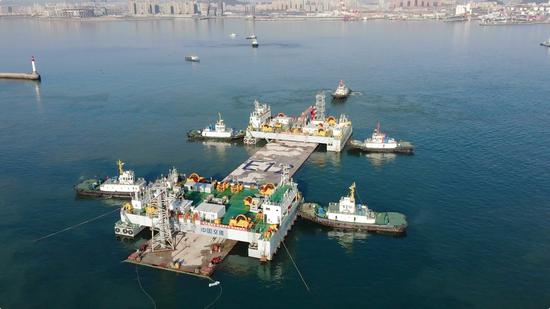




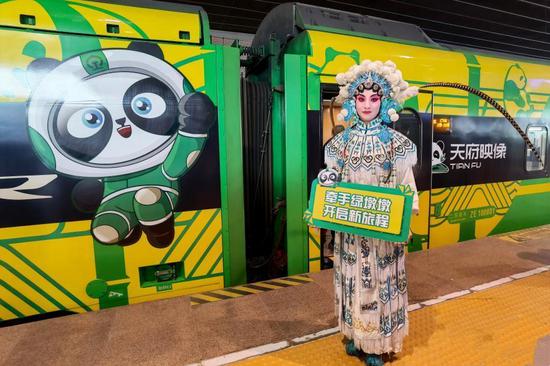

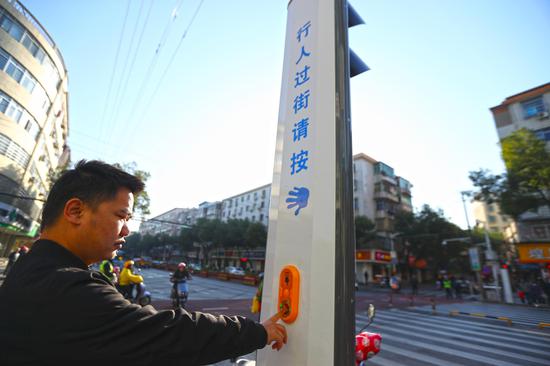
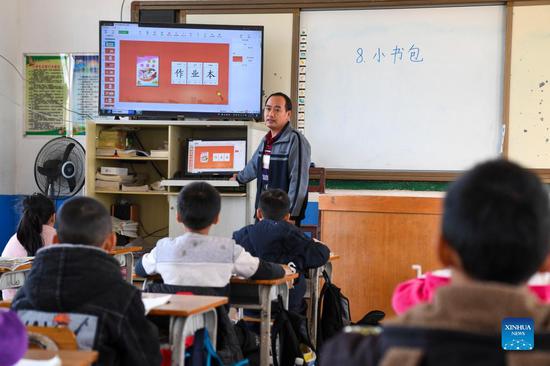
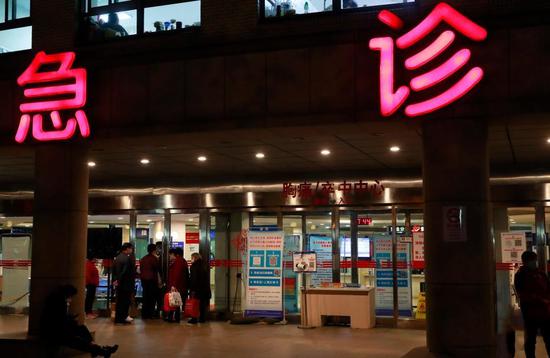
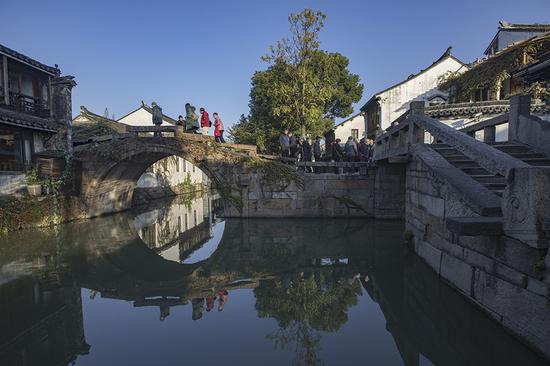
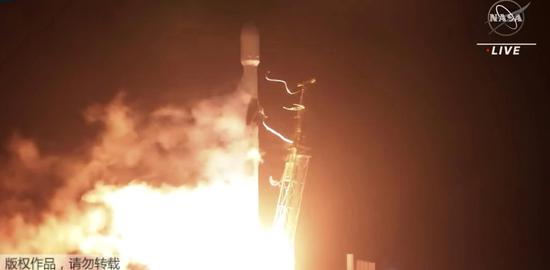

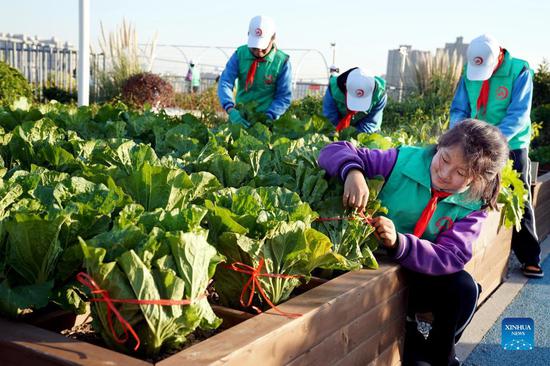
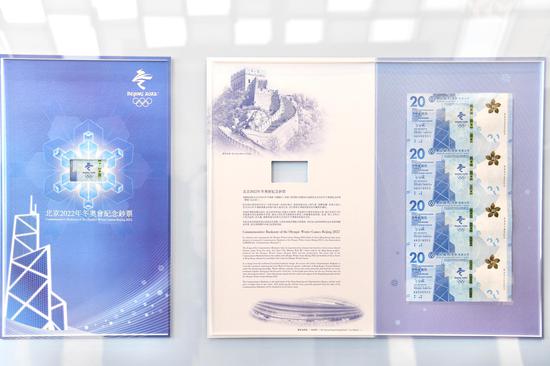

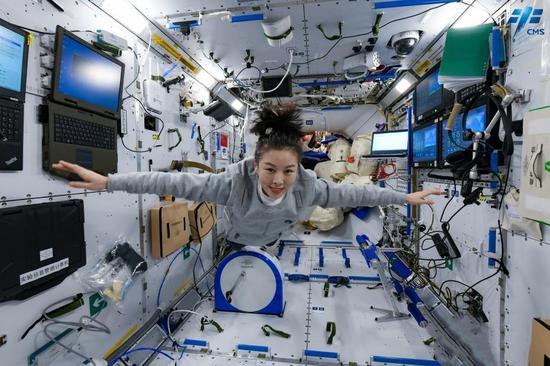
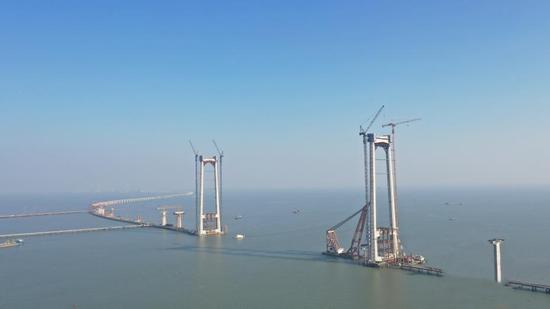
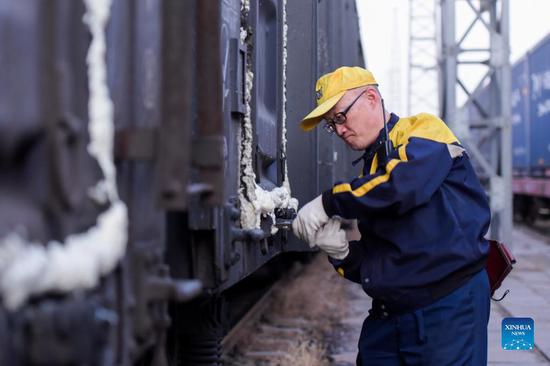
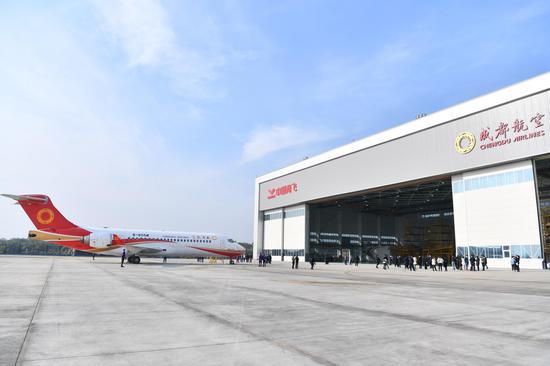

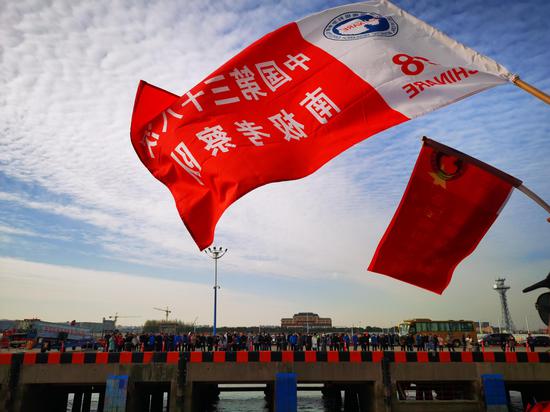

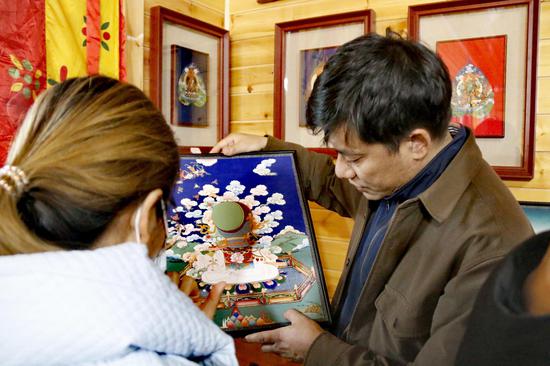



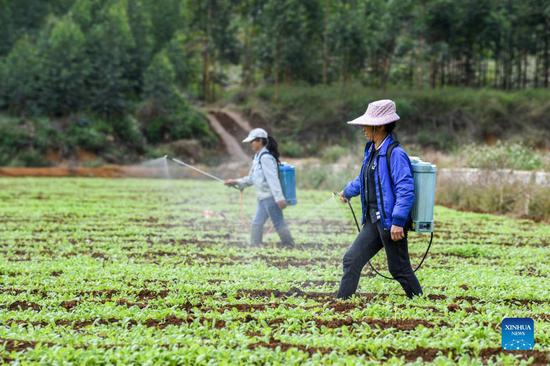


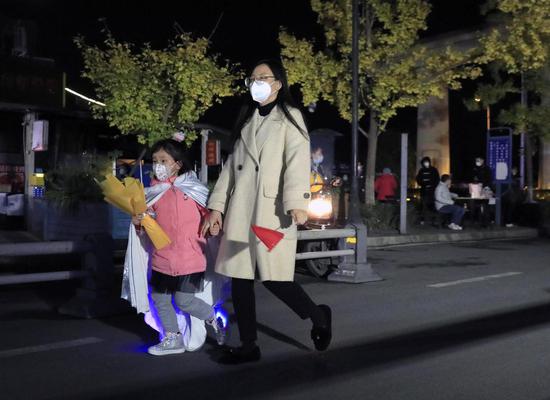
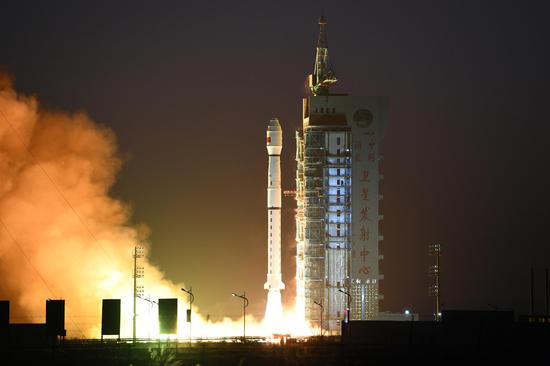
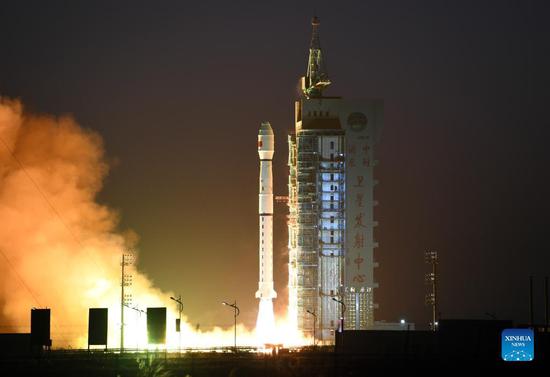



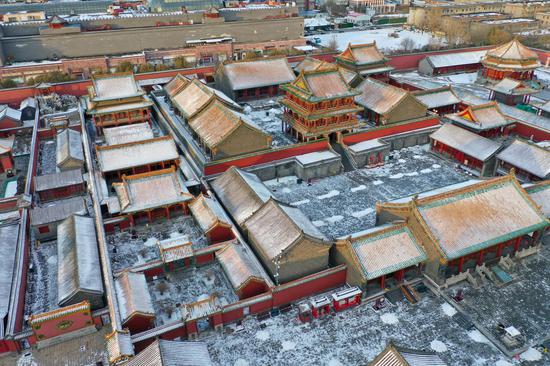





 京公网安备 11010202009201号
京公网安备 11010202009201号